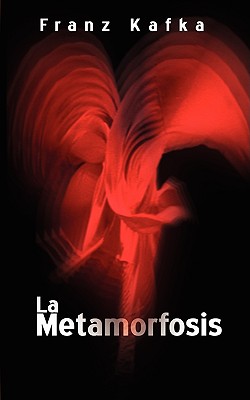
description
eenth-century mathematician, physicist, and religious thinker, rigorously refutes the belief that to become a Christian you must first commit intellectual suicide. He wrote to communicate the Christian faith to the skeptical, to the indifferent, to the hostile. Many regard him as the greatest of French prose writers. After his conversion at the age of thirty-one, Pascal records how his mind blazed with the burning conviction of being overwhelmed with light. For many years he had examined God merely as a series of concepts. Now he stood before God's presence and the reality of God Himself, the same God who had appeared to Abraham, Isaac, and Jacob. It was this that now gave him "joy, joy, joy, tears of joy." The Mind on Fire contains Pascals' Pensées, a systematic and uncompromising defense of Christian belief, along with selections from his Letters to a Provincial, his own description of his conversion, and a prayer for the proper use of pain in his life. Dr. James M. Houston, editor of the Classics of Faith and Devotion series, is a highly acclaimed scholar and pioneer in the field of evangelical spirituality. He came to North America from England in 1968 to lead Regent College in Vancouver, Canada, a worldwide center of spiritual formation.
member goods
No member items were found under this heading.
Return Policy
All sales are final
Shipping
No special shipping considerations available.
Shipping fees determined at checkout.







